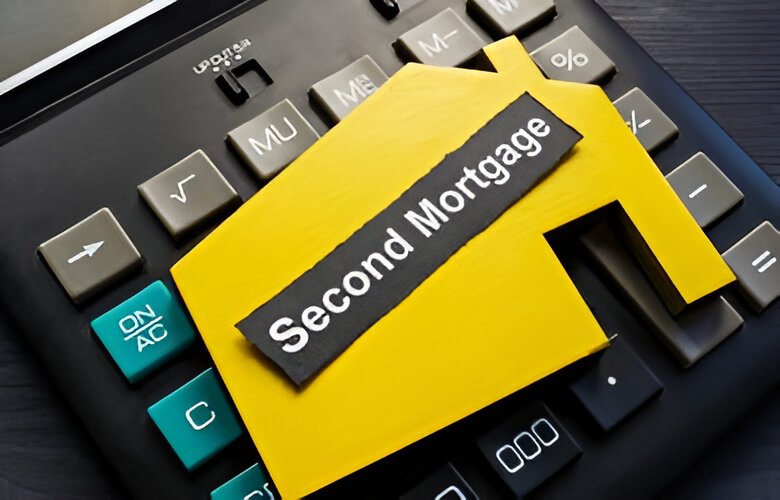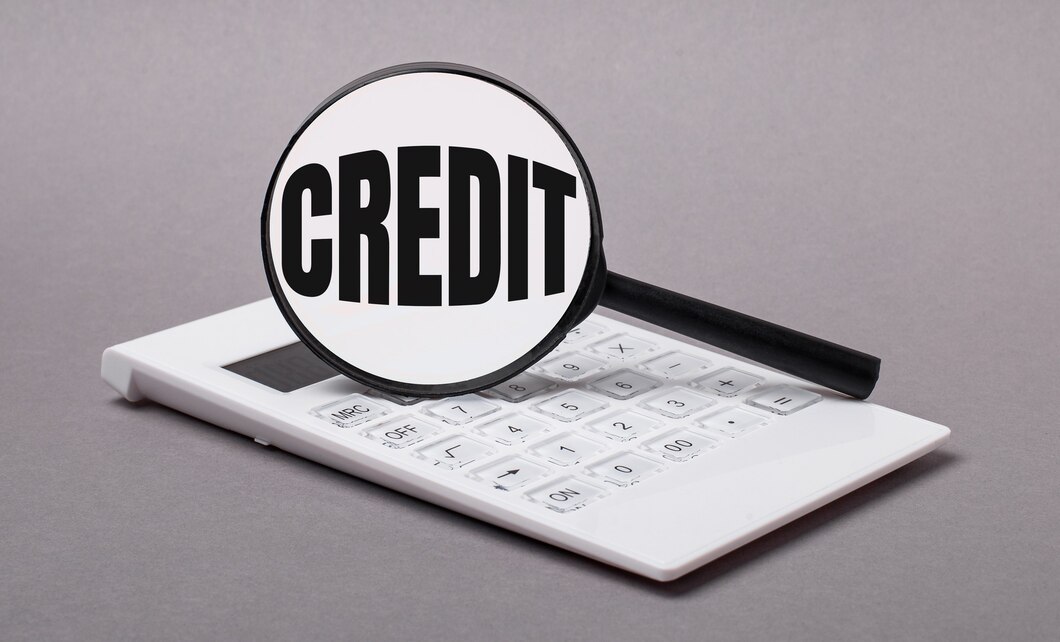Gifted Equity Mortgage: Your down payment for a property might come from a variety of sources. Personal savings, a Registered Retirement Savings Plan (RRSP) through the Home Buyers Plan, a settlement after a divorce, or a gift from a close relative are all frequent sources of down payments.
Many Canadians are unaware that a down payment can also be given in the form of a gift of equity when purchasing a home from a close relative.
So, what is a gift of home equity and how does a gift of equity work for mortgages? Let’s deep dive into this detailed e
If you are someone, who is looking into a equity mortgage lender in Canada, here is everything you need to know to get started.
What is Home Equity?
The value of a homeowner’s interest in their home is known as home equity. In other words, it is the current market value of the property minus any liens or mortgages that are linked to that property. As more mortgage payments are made and market forces affect the property’s current worth, the amount of equity in a house—or its value—fluctuates over time.
If a portion or all of a home is purchased with a mortgage loan, the lending institution has a lien on the property until the loan is paid off. The portion of a property’s present worth that the owner owns at any one time is known as home equity.
The down payment you make when you buy a house is the first step towards building equity. Then, when a contracted amount of your mortgage payment is assigned to whittle down the remaining principal you still owe, you will gain greater equity through your mortgage payments.
Property value appreciation might also benefit you because it will improve your equity value.
How Can I Use My Home Equity?
A homeowner can leverage their home equity in a variety of ways. The most obvious benefit is that after your mortgage is paid off and any closing fees are paid, you get to keep any residual equity in your home. You can borrow against the equity in your house while you’re still living there to pay for home improvements, a significant purchase, or to consolidate higher-interest debt.
A home equity loan, a home equity line of credit, or a cash-out refinance are the three major ways to borrow against your home’s equity.
Since home equity funding flows with cheaper interest rates, it’s a good option to borrow money. If you borrowed money instead through personal loans or credit cards, the interest rate would be much greater.
However, there is a risk associated with home equity loans. If you don’t make your payments on schedule, your lender may foreclose on your home. When you take out a personal loan or charge goods on your credit cards, this cannot happen.
There’s another option to use your home equity, and it’s the subject of this article: you can provide a gift of equity to a close family member if you sell your property.
Using a Gift of Equity When Purchasing a Home
A person may choose to buy a home from a close family member on occasion. A child is often the one who purchases a parent’s home. It could be for any number of reasons. Perhaps their parents are ready to downsize and it makes sense to sell to a close relative.
In certain cases, the parent may wish to give their child some or all of the equity they’ve accumulated in the home as a gift. They may do this out of pure generosity or because their child lacks the necessary funds for the down payment. The gifted equity acts as a down payment for the child who is purchasing the home in these cases.
However, it does not have to be a parent who sells to their child. It could be the other way around or even a transaction between close relatives. Although there are no hard and fast laws, most lenders restrict equity contributions to close family members.
How Does Gifted Equity Mortgage Work in Canada?
Gifted equity mortgage can be a hard concept to understand, so here’s an example to better explain it:
A couple owns a $300,000 home with a $200,000 mortgage. They’ve decided to sell their house to their daughter and her husband, who don’t have enough money to put down on a house. In this case, the parents have opted to make a $60,000 gift of equity, which will suffice as a 20% down payment.

They draft a purchase and sale agreement with a purchase price of $300,000 and a $60,000 gift of equity as a down payment. As a result, the parents agree to accept only $240,000 for the sale of their property. The parents will receive $40,000 after paying off their $200,000 mortgage with the new mortgage proceeds, less if there are any closing costs.
Their children will not be required to make a down payment from their own funds, but they will be responsible for all closing costs. Closing costs are often calculated at 1.5 percent of the purchase price and include lawyer’s fees, as well as any other costs that may be applicable, such as an appraisal fee or land transfer taxes. Most lenders will require the parents to sign a gift letter saying that the equity is a gift and that there is no expectation of repayment.
The Pros and Cons of Gifted Equity Mortgage
Receiving a gift of equity has clear advantages. The buyer is not required to make a down payment, and they are also buying the house below market value. There are advantages for the vendor also, as they escape the trouble of having to post their home on the market and the expense of paying realtor fees while losing some equity by selling to family members.
On the other hand, equity contributions do not always work. It’s just for close relatives, and even then, the buyer’s lender might not approve the deal if the buyer’s credit isn’t stellar. Of course, the sellers – in this example, the parents – must also be willing to part with a portion of the equity.
Are There Any Limitations to Gifted Equity Mortgages?
Any mortgage for the purchase of a property in Canada requires a minimum down payment of 5%. As a result, any equity transfer would have to be at least 5% of the acquisition price. On a $400,000 purchase, for example, that would be $20,000. A minimum down payment of 20% of the purchase price is required for a normal mortgage rather than a default-insured mortgage.
Get Started on Your Gifted Equity Mortgage with Freedom Capital
A gift of equity from a parent or other close family member may be accepted by the lender as an acceptable kind of down payment – in part or in full – when buying a house from them.
However, it’s important for the buyer to remember that they’ll have to cover the closing charges out of pocket. It may be advantageous for the seller to keep their home in the family and avoid having to advertise it with a real estate agency. Before providing a gift of equity, people should think about how much equity they’re giving up and how it would affect their finances in the long run.
Still unsure of how a gifted equity mortgage in Canada works? Contact us today at Freedom Capital to learn more!








